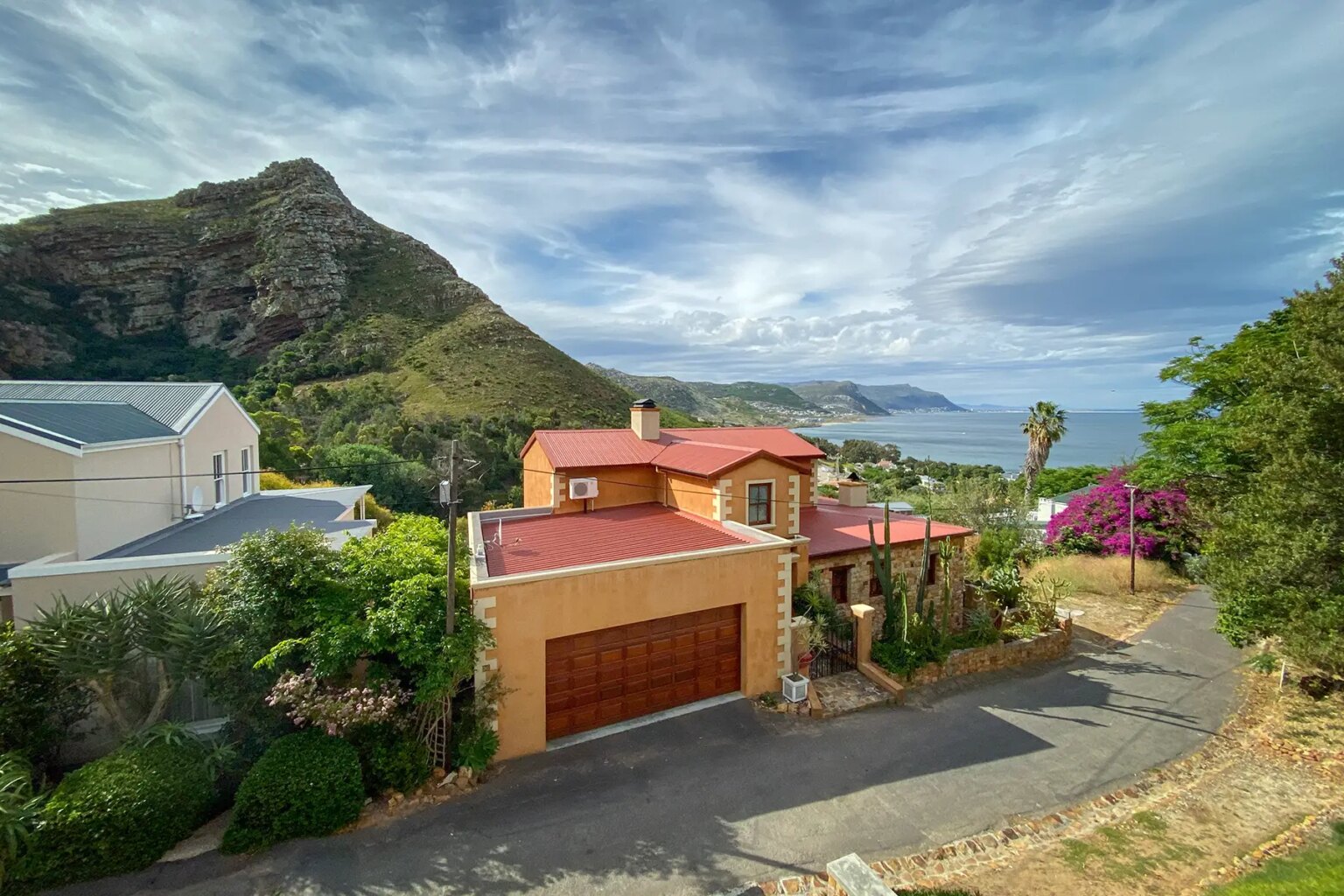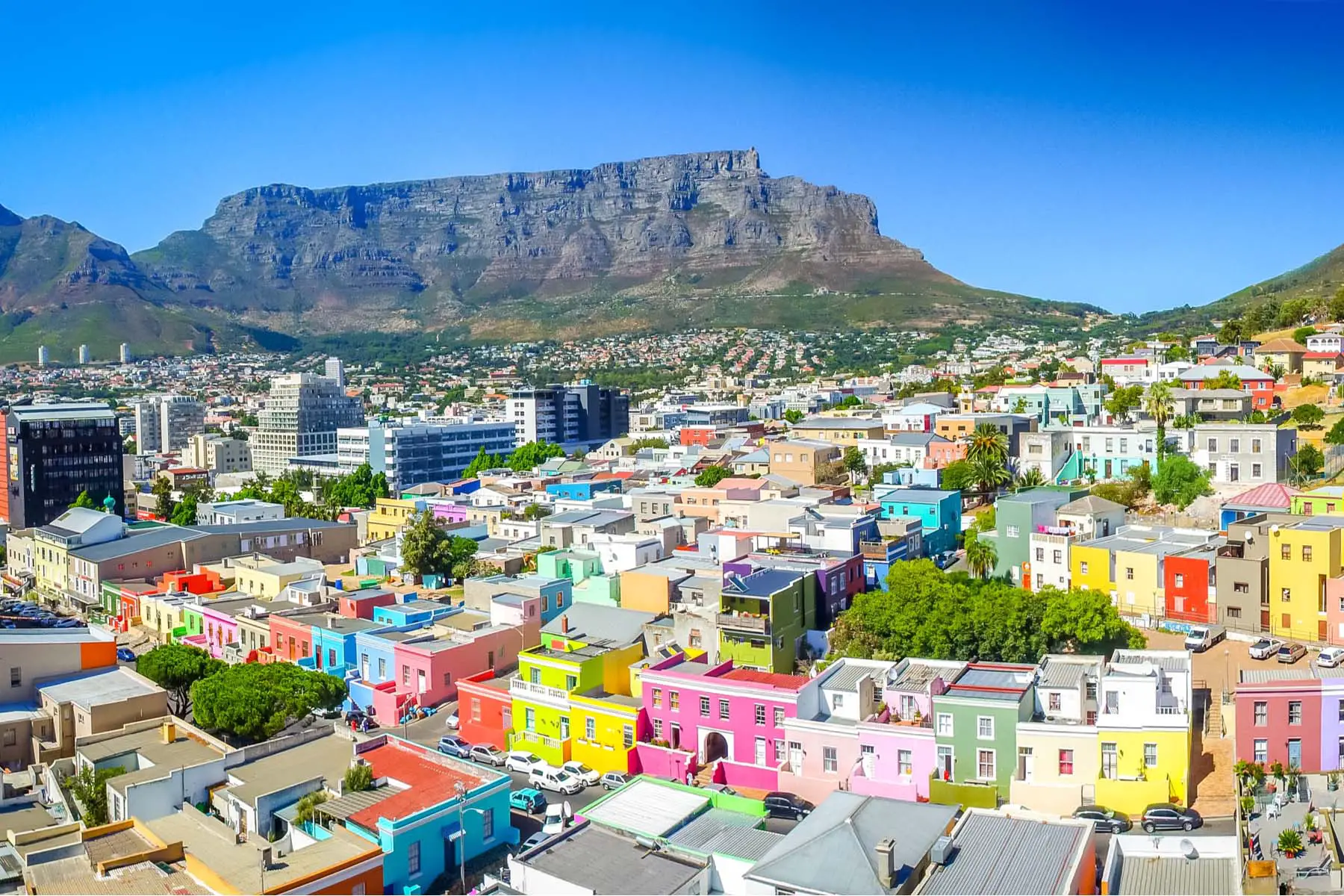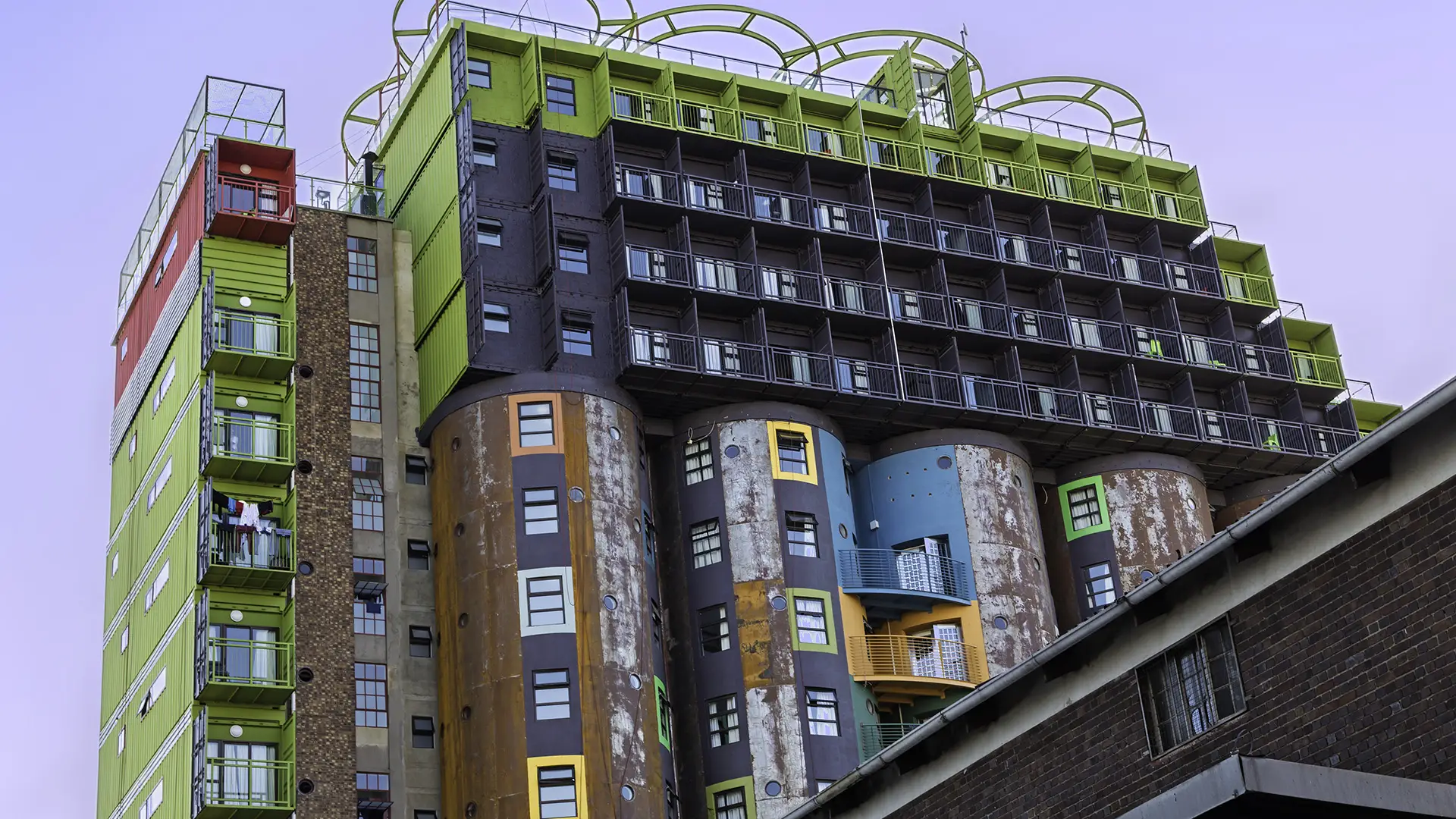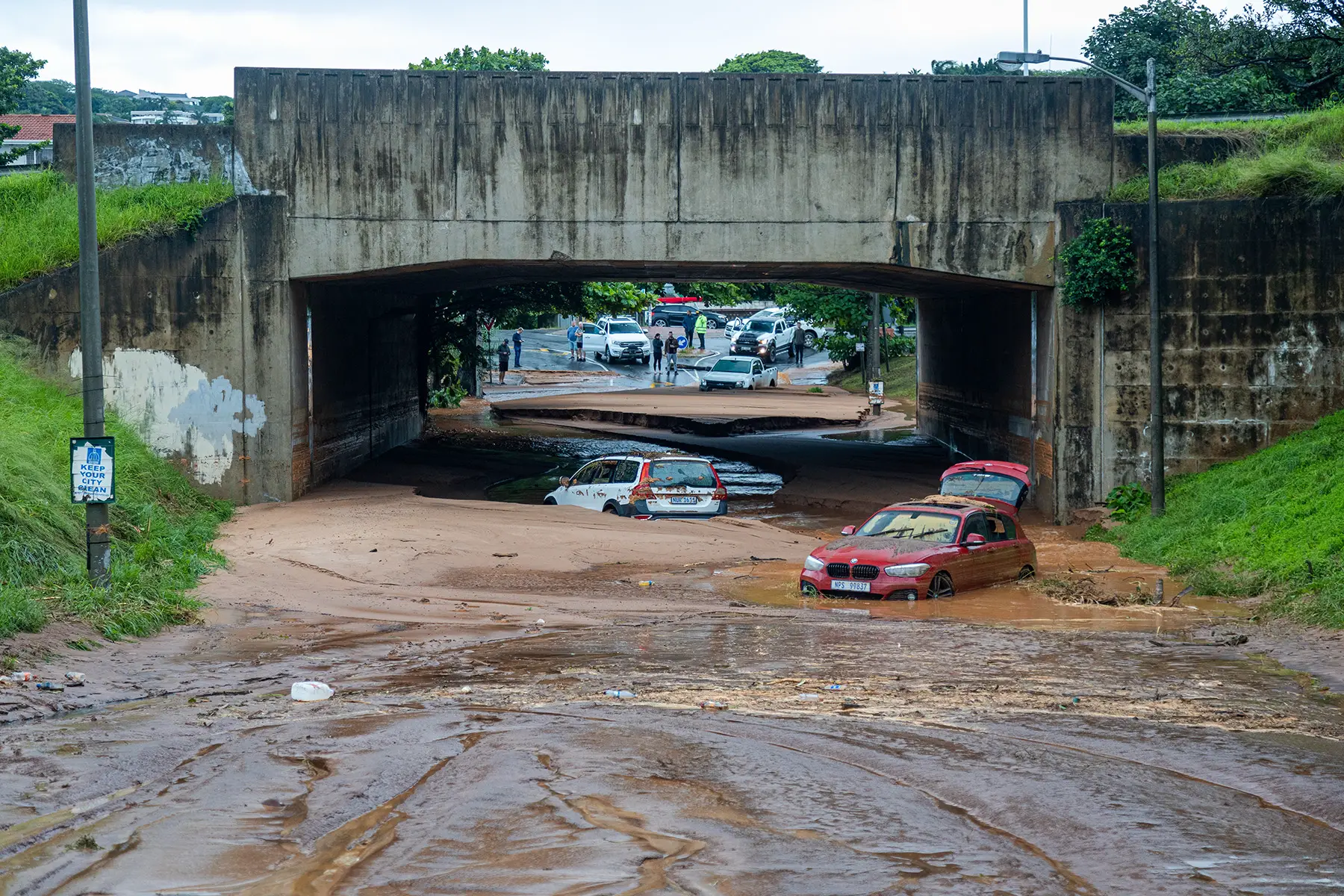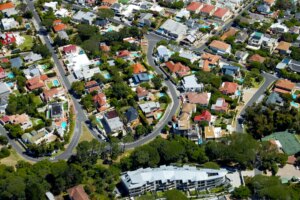There are no restrictions on expats buying properties in South Africa, but you will need to get your head around how the system differs from your home country and the fees involved. This guide includes advice on the following:
- Homeownership in South Africa
- Should you buy or rent property in South Africa?
- Can expats buy a house in South Africa?
- The South African property market
- Costs of buying a house in South Africa
- Financing a property purchase in South Africa
- Finding a property in South Africa
- The process of buying a house in South Africa
- Moving into your South African property
- Building a new property in South Africa
- Buying a new-build home in South Africa
- Selling a house in South Africa
- Tips on buying a house in South Africa
- Useful resources
Sirelo
It's no secret that moving abroad can be stressful. Sirelo's team of removal advisers is here to help. They provide five free quotes from international shipping companies so you can find the best options at the best prices. Take the stress out of your relocation to South Africa with Sirelo.
Homeownership in South Africa
Homeownership levels are relatively high in South Africa. Data from 2021 shows that nearly 70% of residents own the home that they live in.
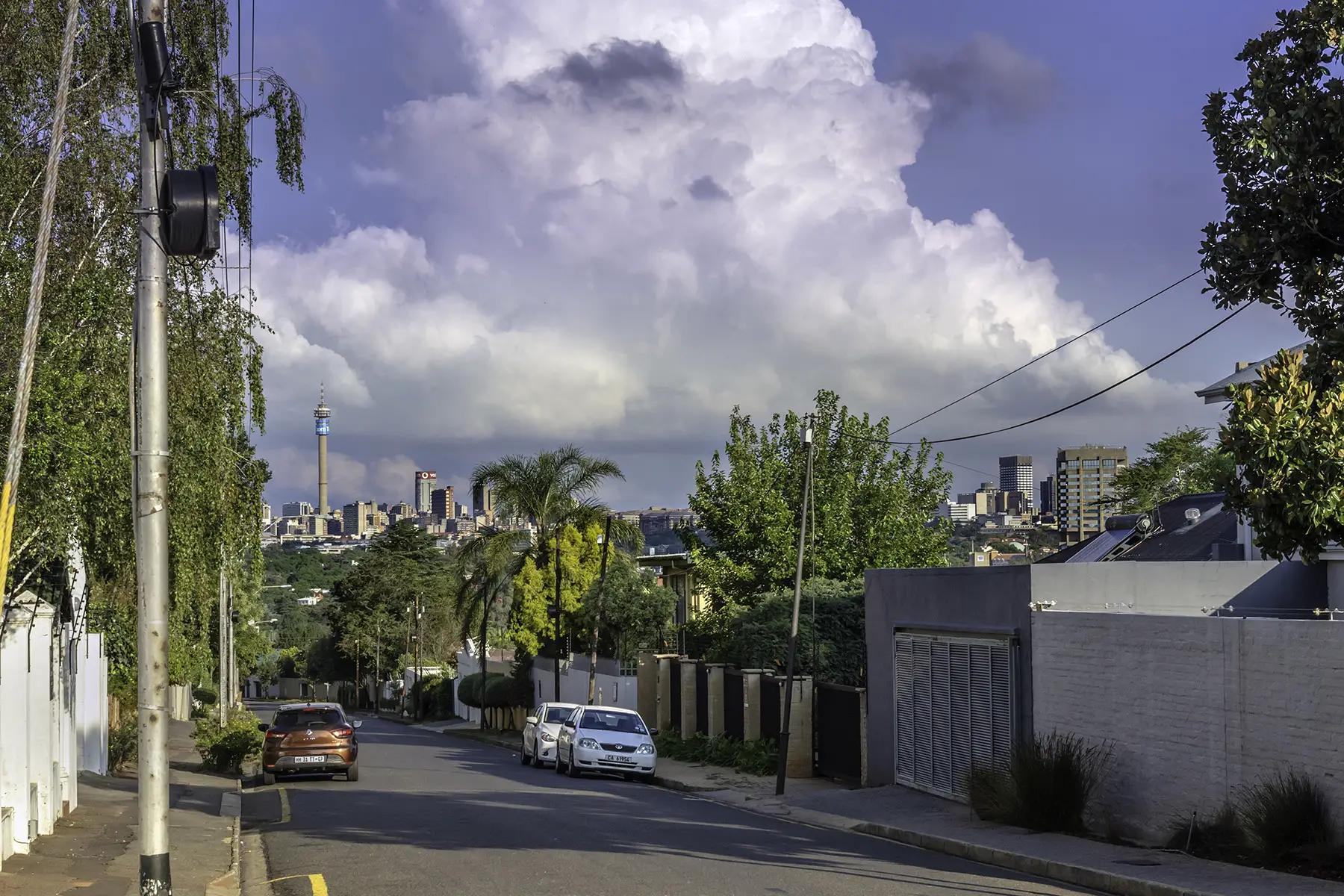
A report by the Center for Affordable Housing Finance in Africa (CAHF) found that South Africa has 6.7 million residential properties, which are collectively worth a total of R5.96 trillion. The most valuable area for housing stock is Cape Town.
The good news for anyone looking to buy property is that South Africa has a consistent resale market. Over the last decade, around 150,000 existing properties have been sold each year, with around six in 10 bought with a mortgage.
Should you buy or rent property in South Africa?
Many people choose to rent a home when they first move to South Africa. Renting allows you to take some time to find your ideal neighborhood and develop your understanding of the South African property market and home-buying process.
There are around three million rented homes in South Africa. It tends to be more expensive to rent in the biggest cities such as Johannesburg and Cape Town, where there is greater competition for properties.
To secure a rented property, you must pay an up-front deposit of four or six weeks’ worth of rent. You also need to pay a referencing fee and a charge for drawing up the lease (this can only reflect the actual costs incurred by the estate agent or landlord).
It can be possible to rent a home informally, but you’ll be better protected if you rent through an estate agent and sign a formal tenancy agreement. The tenancy agreement should include the contract term (often 12 months), detail who is responsible for utility bills, and clarify the conditions under which the landlord or tenant can break the agreement.
Can expats buy a house in South Africa?
Foreigners are free to buy property in South Africa without restrictions, subject to meeting the visa requirements to live and work in the country. Expats with a criminal record are not permitted to buy property.
As in other countries, you must provide a range of documents to buy a home in South Africa. This includes a valid passport, proof of your address, your most recent bank statements, and paychecks from your employer. If you’re buying the property with a mortgage, you need a certificate from the South African Reserve Bank (SARB) to confirm that you’re eligible for finance. As an expat, you’re likely to need a big downpayment before a mortgage lender will offer you a loan – more on this later.
If you’re buying a property from outside South Africa, you must notarize your documents or sign them at a South African embassy.
The South African property market
As with other countries, the South African property market faced a series of challenges in recent years, from the impact of the COVID-19 pandemic to rising inflation.
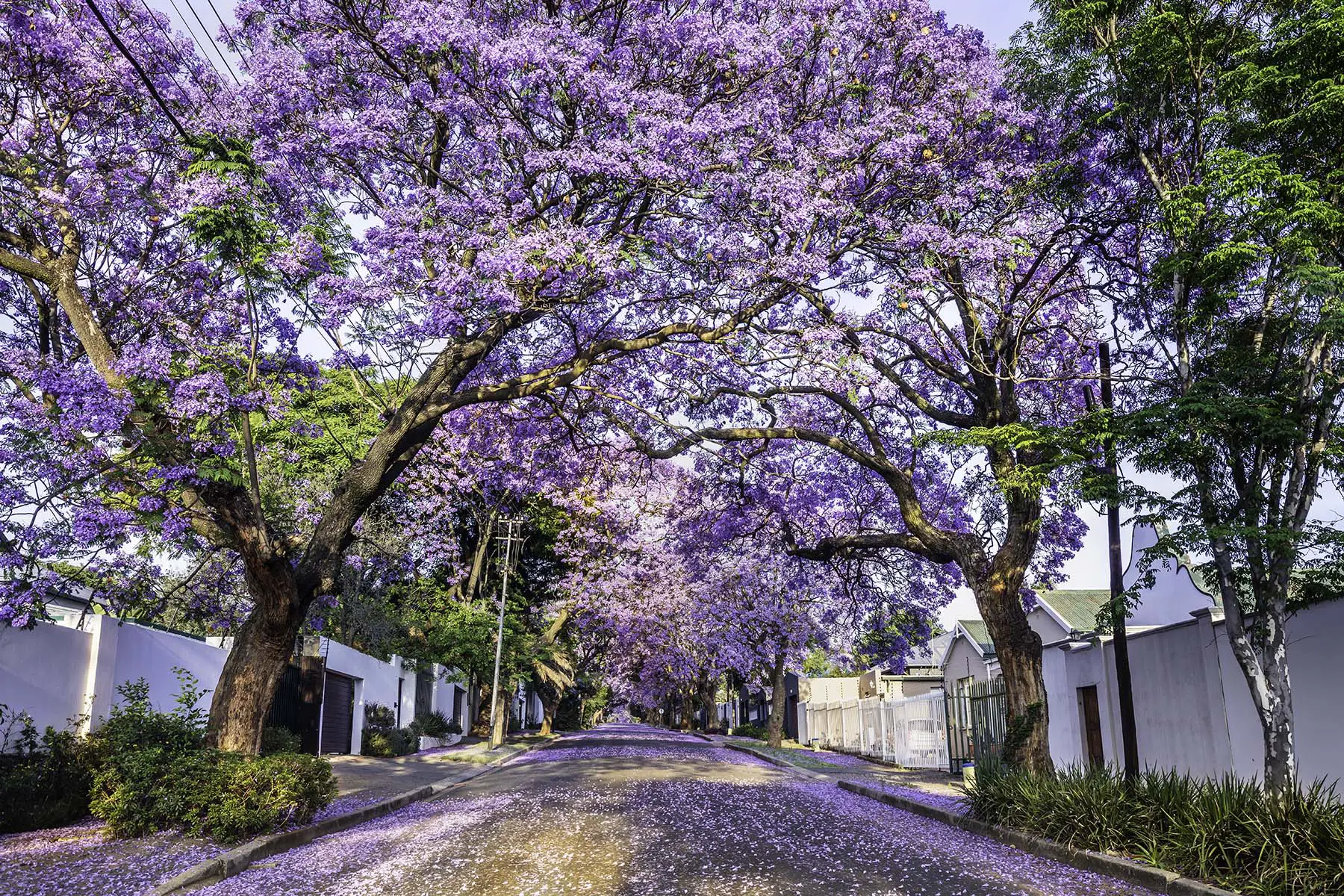
Data from First National Bank (FNB) shows house prices in South Africa increased by 4.2% in 2021, after a 2.5% rise in 2020. There is no official house price index in South Africa, but the FNB publishes the latest house price data on a monthly basis. Properties tend to sell within eight weeks of being listed, though this varies from area to area.
South Africa boasts a good range of properties for buyers, whatever market you’re looking to buy in. The CAHF splits the property market into five sections, as follows:
- Entry market (properties worth R300,000 or lower): 2.1 million properties (32%)
- Affordable market (R300,000–600,000): 1.4 million (21%)
- Conventional market (R600,000–900,000): 1.1 million (16%)
- High-end market (R900,000–1.2 million): 654,000 (10%)
- Luxury market (R1.2 million+): 1.4 million (21%)
These categories provide general guidance on house prices in South Africa, but the amount you pay could be significantly different depending on where you buy a home.
As well as house prices, it’s worth thinking about the cost of living in South Africa when choosing an area. Data from Numbeo shows Johannesburg, Pretoria, Cape Town, and Durban are the most expensive cities in South Africa.
Buying a house in Cape Town
Around four million people live in Cape Town, and the city is one of South Africa’s most beautiful (and expensive) locations.
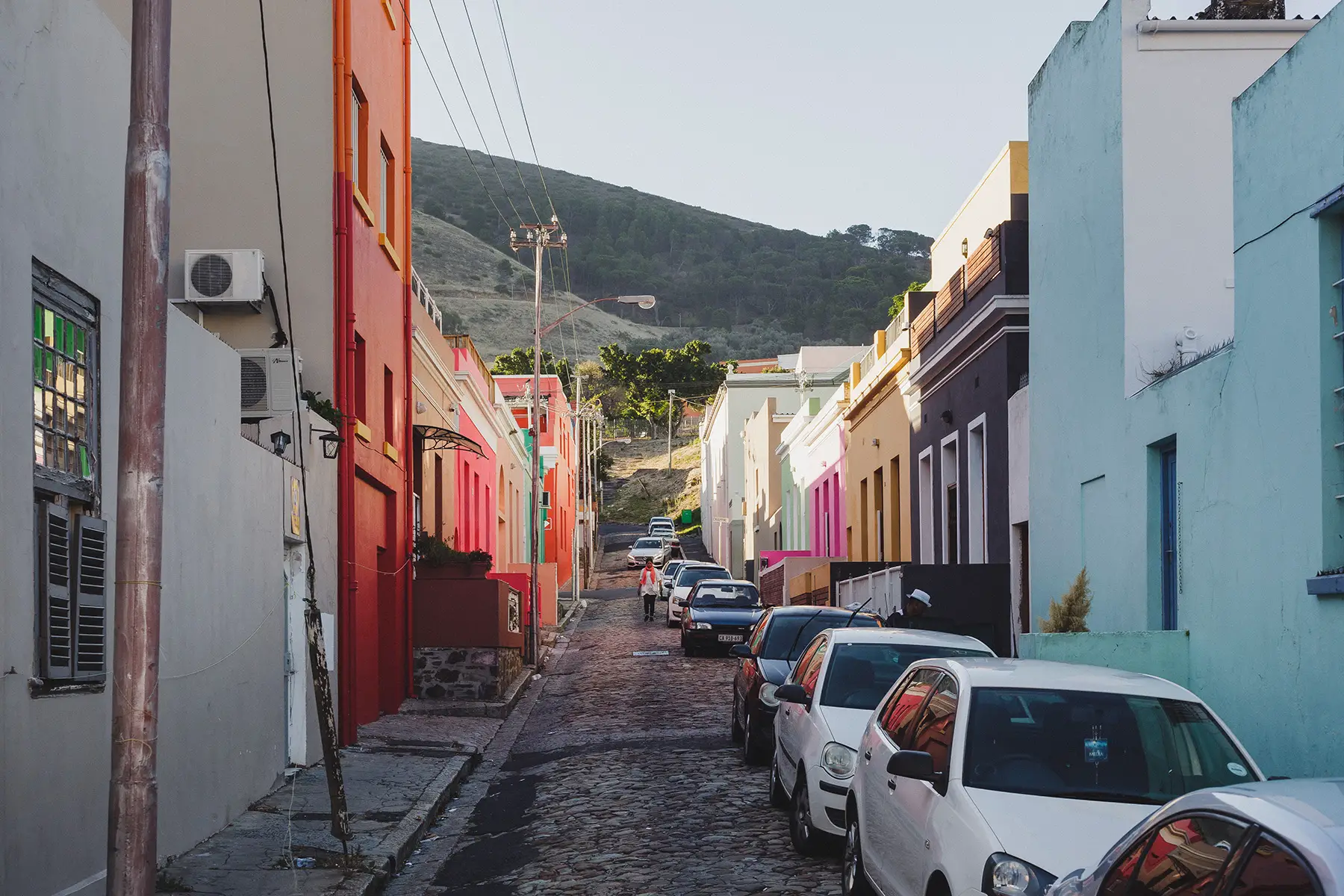
The most popular places for family homes tend to be in the suburbs. South of the city center, Constantia, Tokai, and Bishopscourt are among the more affluent areas for expats, with large family homes and highly-regarded schools. To the west of the city, the neighborhoods of Bloubergstrand, Milnerton, and Tableview offer more affordable family properties.
The most expensive properties are in Camps Bay, to the west of Cape Town. The estate agency Seeff says prices in Camps Bay increased by 131% between 2010 and 2021. Properties sold for an average of R14.2 million in the first 10 months of 2021.
Buying a house in Johannesburg
Johannesburg is South Africa’s economic center and has a younger demographic than some of the country’s other cities.
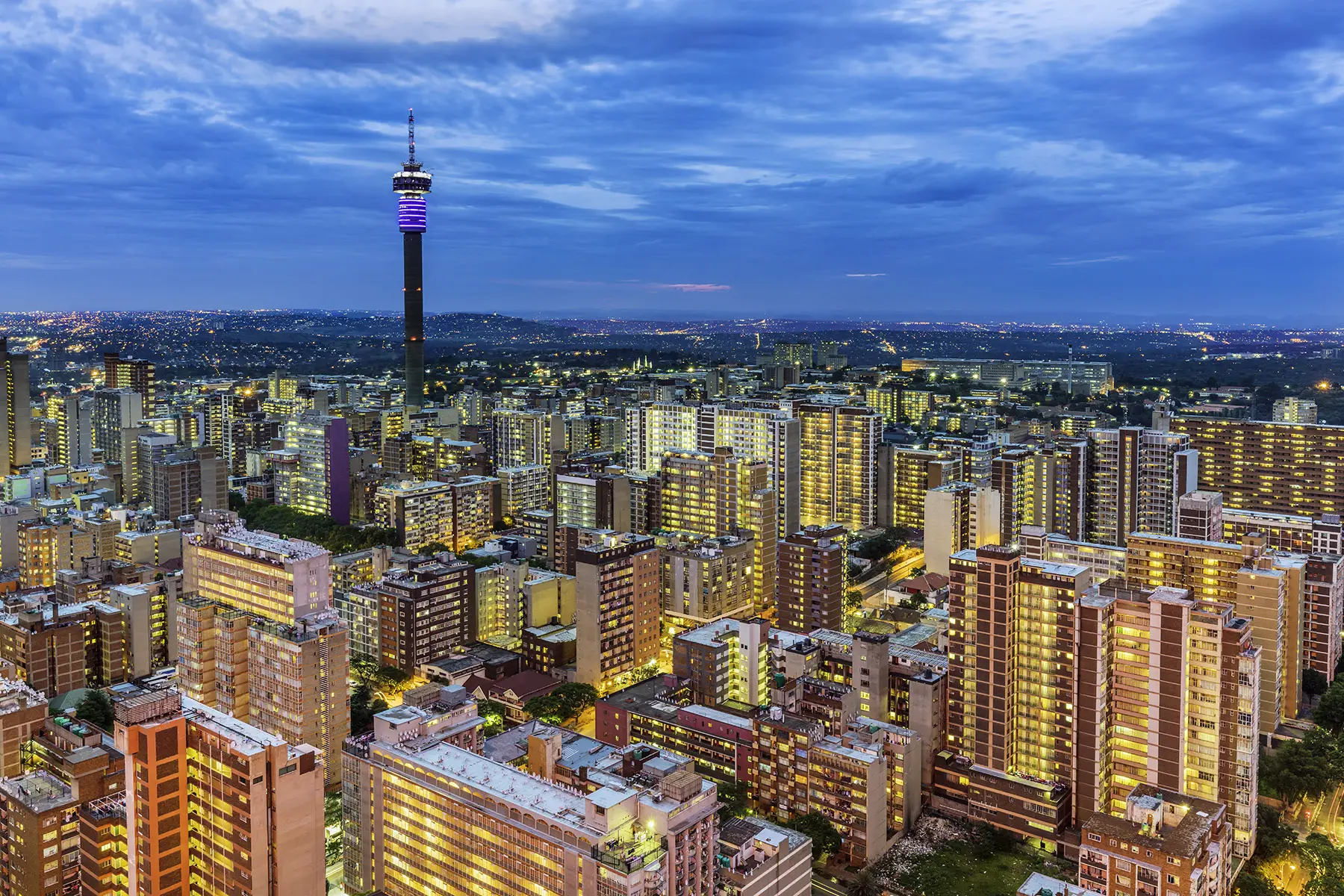
The most desirable properties in Johannesburg are often in high-end gated communities, which have amenities such as gyms and restaurants.
Many expats live in Fourways, a family-friendly suburb of Sandton, an area north of the city center that is home to some of South Africa’s biggest multinational companies. Heading further northeast, Midlands is also popular among foreign buyers.
Costs of buying a house in South Africa
There are a series of additional costs you need to factor in when buying a house in South Africa. These include the following:
Transfer duty
A transfer duty applies to all property purchases above R1 million. The rate you pay depends on the value of the property you buy and must be paid within six months of the purchase date. In the event of late payment, interest is calculated at an annual rate of 10% for each month the bill remains unpaid.
Wise
Buying a property abroad is a big step and involves important financial decisions. Wise, an international money transfer company, provides specialist support to help you navigate large international transfers and save on exchange fees. Fill out Wise’s online form today to find out how they can assist you.
The South African Revenue Service publishes the latest transfer duty rates on their website. In 2022, the rates are as follows:
- Properties priced up to R1,000,000: 0%
- R1,000,000–1,375,000: 3% of the value above R1,000,000
- R1,375,000–1,925,000: R11,250 + 6% of the value above R1,375,000
- R1,925,000–2,475,000: R44,250 + 8% of the value above R1,925,000
- R2,475,000–11,000,000: R88,250 + 11% of value above R2,475,000
- R11,000,000 and above: R1,026,000 + 13% of the value above R11,000,000
Legal fees
Buyers need to pay two fees related to the legal aspects of purchasing property (conveyancing).
First, the bond registration fee covers the cost of registering your mortgage. This is payable to a bond registration attorney, who is appointed by the bank you take out a mortgage with.
Next, the transfer attorney fee covers the cost of transferring the ownership of the property. This is paid to the transfer attorney, who is appointed by the seller.
Both of these fees are on a sliding scale depending on the value of the home you’re buying. The mortgage comparison site Ooba provides a calculator, which can give you an estimate of the costs you might incur.
In addition to these charges, you may need to pay a small fee to cover the processing of your documents. The exact amount varies between firms.
When it comes to paying fees, Wise has a specialist team to help move large transfers abroad and can save you money on currency exchanges.
Financing a property purchase in South Africa
Most people buying a property in South Africa do so with a mortgage. You’ll commonly hear mortgages in South Africa referred to as bonds.
If you’re taking out a mortgage in South Africa as an expat, you can usually only borrow up to 50% of the property’s value. This means that you must be able to pay the remainder of the purchase price yourself. As above, the SARB must approve foreign buyers before they can buy a home.
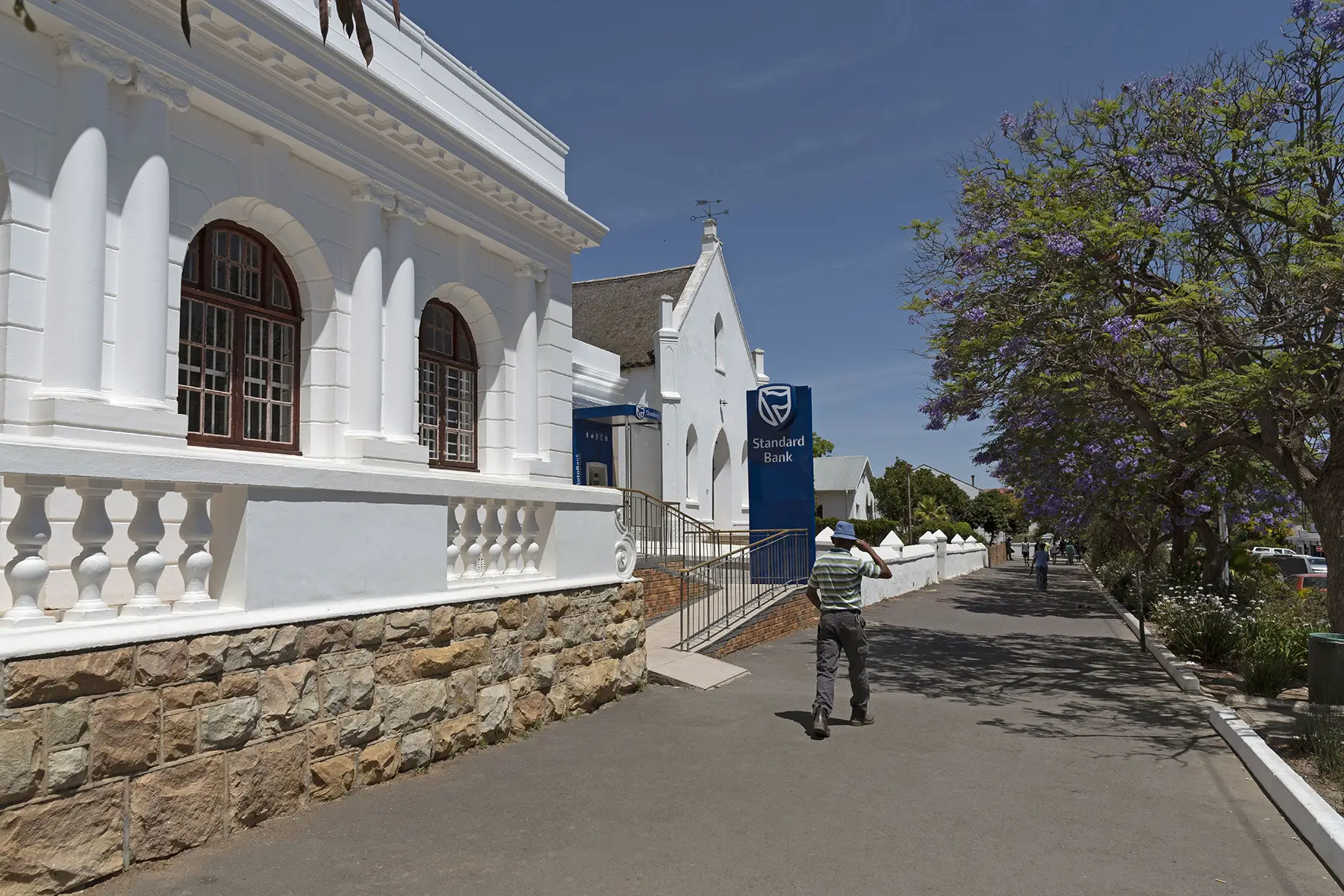
Fixed-rate and variable-rate mortgages are both available in South Africa. Fixed-rate mortgages guarantee that your interest rate remains the same for a set amount of time – usually five years. Variable-rate mortgages are more common in South Africa. These involve your monthly repayments going up or down depending on the rates set by the SARB. It can be helpful to take advice from a mortgage broker, who can help you find the most suitable loan based on your financial circumstances.
To qualify for a mortgage, you must show that your monthly repayments won’t exceed more than a third of your income, and you usually need to have a good credit history. Mortgage terms can be as long as 30 years, but 20- or 25-year terms are more common. Most lenders require the mortgage to be repaid before the borrower turns 70.
Finding a property in South Africa
Estate agents generally sell property in South Africa. Agents must register with the Property Practitioners Regulatory Authority (PPRA) and must obtain an annual certificate to confirm they comply with a code of conduct. Some agents are also members of the Institute of Estate Agents of South Africa.
Some estate agents specialize in a particular location or focus on specific types of property. This is especially the case in major cities such as Cape Town, Pretoria, Durban, and Johannesburg. With so many different agents available, you may wish to register with several to maximize your options.
Property portals, which list homes from lots of agents in one place, can be a good place to start your property search. Some of the main portals in South Africa are the following:
The biggest national estate agents in South Africa are as follows:
Smaller, more local agencies are often available in the white pages or yellow pages.
The process of buying a house in South Africa
Once you’ve found a property, you can arrange an in-person viewing by contacting the estate agent selling the home. The agent will accompany you and show you around the property, during which time you can ask any questions you might have.
Making an offer and signing the purchase agreement
When you’re ready to make an offer on a property, submit this in writing to the estate agent. If the seller accepts the offer, both parties sign the sale agreement. You may need to pay some form of holding deposit at this stage.
The sale agreement usually contains a voetstoots clause. This confirms that you plan to buy the property exactly as you saw it unless any significant, invisible defects come to light – for example, issues with the structure of the property.
It’s relatively uncommon to have a structural survey done before buying a property in South Africa, but this doesn’t mean you shouldn’t get one for your own peace of mind. The Royal Institute of Chartered Surveyors provides a directory of regulated house surveyors in South Africa.
The conveyancing process
There are three conveyancers (or attorneys) involved in the home buying process in South Africa:
- The transfer attorney is chosen by the seller to oversee the transfer of ownership.
- The bond attorney is appointed by the bank to process your mortgage application.
- The bond cancellation attorney is appointed by the seller’s bank to deal with canceling their current mortgage.
Between them, the attorneys take care of the legal process of transferring the property to your name. This involves gathering all of the key documents (for example, identification, proof of income, and property deeds). The notaries then draft the title deed and send it to the Deeds Office for processing.
Assuming ownership of the property
Once you are recorded as the new owner of the property, the remaining balance must be paid to finalize the transaction. After that process is complete, you officially own the property.
Moving into your South African property
Insurance
When you take out a mortgage in South Africa, the lender usually requires that you obtain buildings insurance. This offers protection if the structure suffers damage, such as in instances of fire or flood. Contents insurance, which protects your belongings, isn’t usually necessary, but you may wish to take out a policy anyway.
It is also possible to get mortgage protection coverage in South Africa. This form of insurance covers your mortgage repayments should you become seriously ill or die. Some borrowers – such as those purchasing affordable housing or borrowing a large sum – may be required to take out this cover.
Utilities and telecommunications
When you move into your new home, you’ll need to take over utility contracts. Eskom is the sole supplier of electricity in South Africa. Transferring the contract to your name is a straightforward process, although you may need to provide identification. Water is provided by a municipal water board, but you may be able to make savings by shopping around for a gas supplier. Internet in South Africa is available from a range of providers, so it’s worth doing some research to see if you can find a good deal.
Building a new property in South Africa
Building your own home in South Africa can be a viable option, though the financial benefits of doing so are open to debate. While land can be relatively cheap in South Africa, so too are existing properties in many areas across the country.
If you choose to build your own home, in addition to buying a plot of land (either from a house builder or privately), you must appoint an architect to design the property and a builder to turn your plans into reality. Architects usually register with the South African Institute of Architects. House builders can be found by contacting the National Home Builders Registration Council.
Buying a new-build home in South Africa
Buying a new-build property in South Africa has some benefits. As well as being able to live in a brand new home, you won’t pay a transfer duty, as the charge only applies to purchases of existing properties.
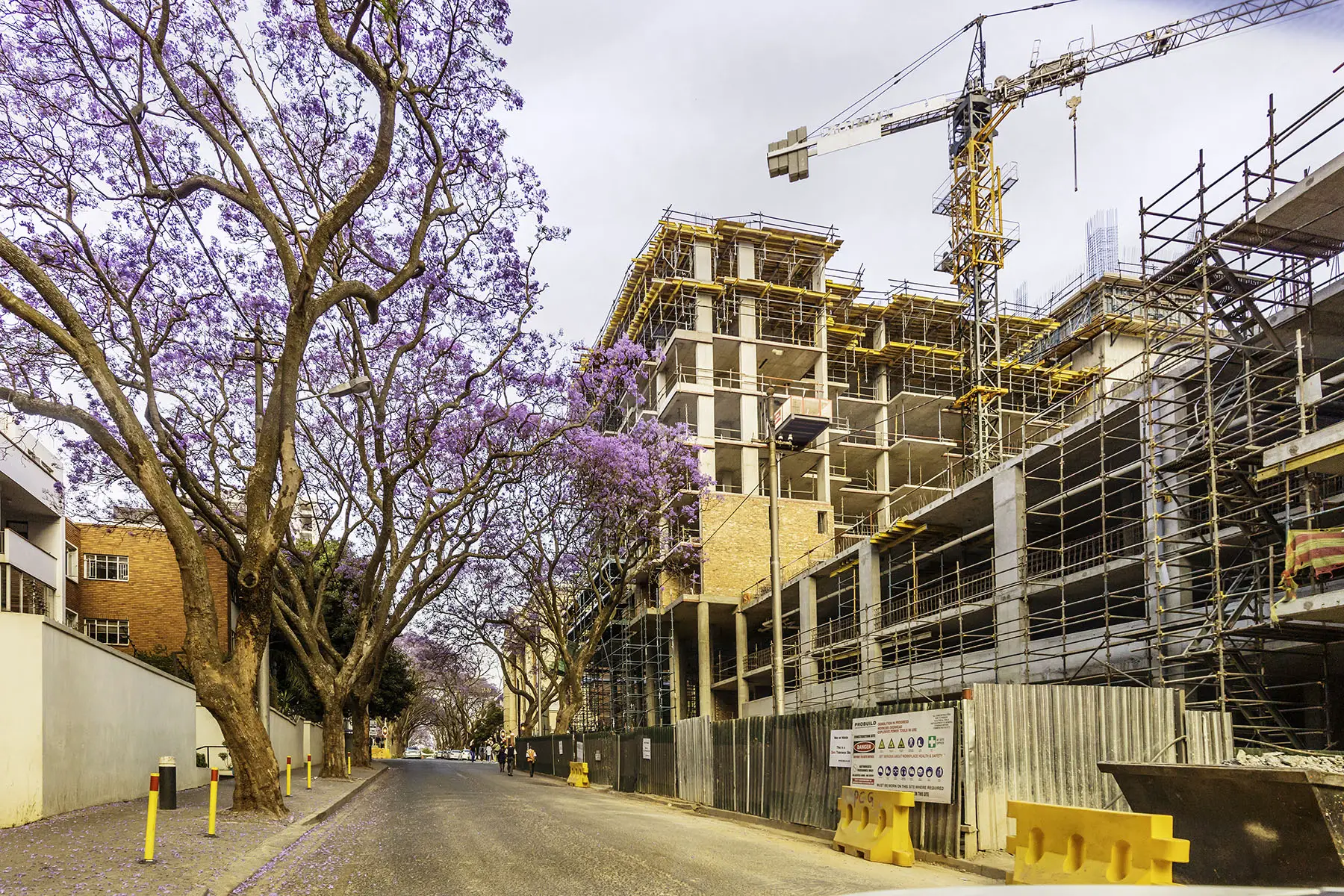
Developers usually sell new-build homes directly to homebuyers. Some properties are bought off-plan, meaning before they have been built. If you buy off-plan, you can arrange a mortgage in advance, but the repayments don’t begin until the property is ready. The downside of buying off-plan, of course, is that you don’t get to see the actual building that you’re buying. This means it’s important to research the developer’s track record before reserving a new-build home in South Africa.
Selling a house in South Africa
There are various ways to sell your home in South Africa. The most common is to appoint a local estate agent to promote the property online and in-store. Alternatively, although less common, you can sell your property privately or use an online-only agent.
When you sell a property in South Africa, the seller pays estate agent fees of up to 8% of the sale price (plus 14% VAT). Estate agent commissions are often open to negotiation and can vary depending on whether you sign a sole agent agreement or an open agreement (where other agents can also market your property).
When it comes to taxes in South Africa, property sales might incur additional fees beyond those mentioned above. Capital gains tax charges may also be payable, but several tax exemptions are available to reduce your tax bill with the South African Revenue Service.
Tips on buying a house in South Africa
- Research areas before settling on a place to buy. Consider renting first to see if you like the area.
- Look into house prices and property types in the area before viewing properties. If you’re thinking of buying a property in need of renovation, brush up on the local construction regulations.
- View potential properties at different times of the day to get an idea of things such as noise and traffic levels. Consider taking someone with you for a second opinion.
- Find out about your mortgage options. Explore what deals are available from different banks before choosing one and consider taking advice from a broker.
Useful resources
- South African Reserve Bank
- South African Revenue Service – latest transfer duty rates
- Deeds Office – property registration
